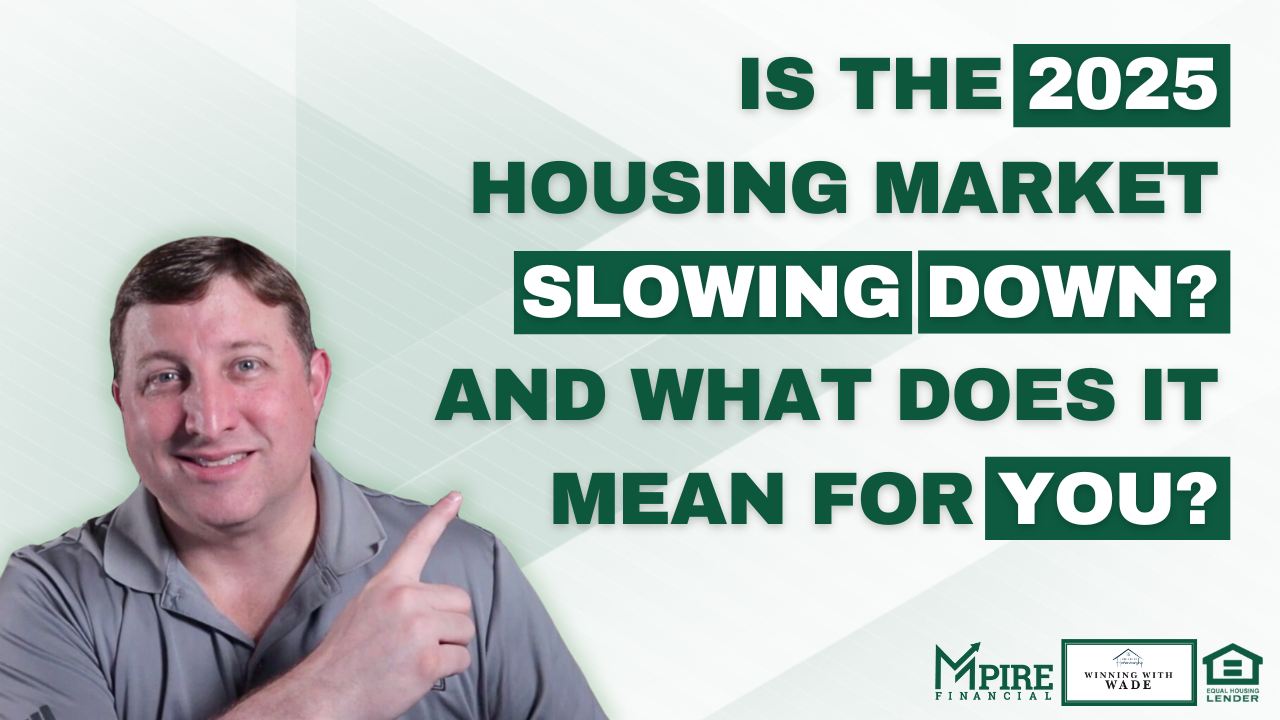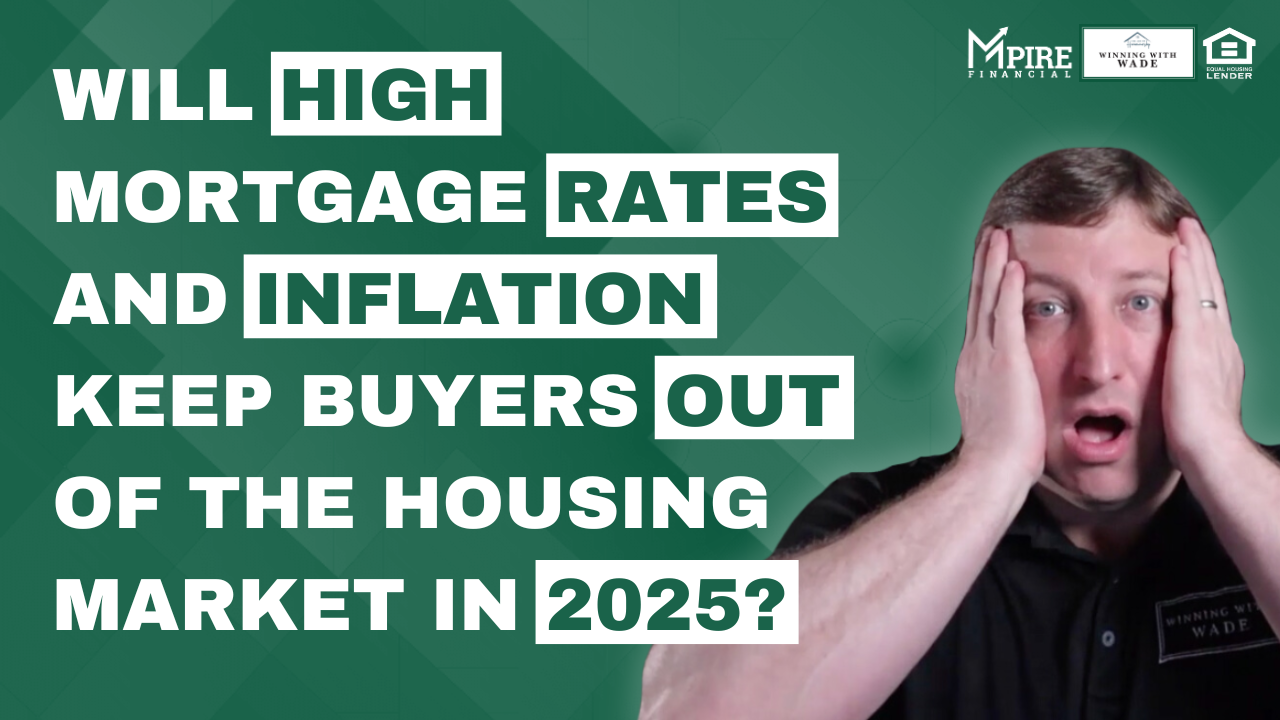The housing market in 2025 is set for a shift. Zillow lowered its home value…
10 Questions to Ask Your Loan Officer Before Closing
Clear and open communication with your loan officer is crucial for ensuring a smooth closing process. Asking the right questions helps you stay informed and protects you from unexpected surprises during one of the most significant financial transactions of your life.
This guide equips you with the essential questions to ask your loan officer so you can make well-informed decisions and avoid potential pitfalls.
1. What Is My Exact Interest Rate and Annual Percentage Rate (APR)?
Understanding your interest rate and APR is vital for knowing the true cost of your loan. These rates determine your monthly payments and overall borrowing costs, making it essential to clarify them upfront.
- Interest Rate vs. APR: Understand the difference between the nominal interest rate (the cost of borrowing) and the APR, including additional fees and costs.
- Why It Matters: Knowing both rates allows you to accurately compare loan offers and assess the true cost of your mortgage.
- Impact on Loan Approval: Understanding these rates can help you determine whether you can afford the monthly payments and other costs associated with the loan. A higher APR might indicate additional fees that could stretch your budget.
2. Can You Provide a Breakdown of All Closing Costs?
Closing costs can be a significant financial burden if not planned for. Knowing the detailed breakdown helps you prepare financially and avoid unpleasant surprises at the closing table.
- Itemized Fees: Request a detailed list of all closing costs, including lender fees, third-party fees (e.g., title services, appraisal), and prepaid items like property taxes and homeowners insurance.
- Avoiding Surprises: Transparency ensures you are financially prepared for closing day and helps you avoid unexpected expenses.
- Impact on Loan Approval: Knowing these costs upfront allows you to budget accurately and ensures you have sufficient funds at closing. Missing funds at closing could jeopardize your loan approval.
3. What Types of Mortgage Products Are Available to Me?
Different loan types offer varying benefits and requirements. Understanding your options helps you choose the mortgage that aligns with your financial goals and eligibility.
- Loan Options: Discuss various loan types, such as:
- Fixed-rate
- Adjustable-rate (ARM)
- FHA, VA, or USDA loans
- Considerations: Understanding these options helps you select the mortgage that best fits your financial situation and long-term goals.
- Impact on Loan Approval: Certain loan products have specific eligibility requirements. For example, FHA loans require a lower credit score, while VA loans are only available to eligible veterans. Knowing your options ensures you meet the criteria for approval.
4. When Will the Interest Rate Be Locked, and Is There a Float-Down Option?
Interest rates can fluctuate, potentially affecting your monthly payments and overall affordability. Securing a rate lock provides stability, while a float-down option allows you to benefit from falling rates.
- Rate Lock: Confirm when your interest rate will be locked and how long the lock will last.
- Float-Down Option: Ask if the lender offers a float-down provision, which allows you to take advantage of lower rates if they decrease before closing.
- Impact on Loan Approval: Locking in your rate provides stability, ensuring your monthly payments won’t increase due to rate fluctuations. Failing to lock a rate could lead to affordability issues if rates rise, potentially affecting your loan approval.
5. What Are the Qualification Requirements?
Understanding the qualification criteria helps you assess your readiness for loan approval and address any gaps in advance. Meeting these requirements is critical for securing a mortgage.
- Criteria: Understand the factors influencing your loan approval, including:
- Credit score
- Debt-to-income ratio
- Employment history
- Preparation: Being aware of these requirements allows you to address any potential issues in advance, improving your chances of approval.
- Impact on Loan Approval: Meeting or exceeding these requirements is critical for securing a loan. Falling short in any area could delay approval or lead to denial.
6. How Long Will the Approval Process Take?
The loan approval process can be time-consuming, so understanding the timeline helps you plan other aspects of your home-buying journey. It’s important to know what to expect to avoid delays.
- Timeline: Request an estimated timeframe for each stage of the loan process, from application to underwriting and closing.
- Planning: Knowing the timeline helps you coordinate other aspects of the home-buying process, such as moving and work arrangements.
- Impact on Loan Approval: Understanding the process timeline ensures you can provide required documents promptly. Delays in providing information could prolong approval or risk missing important deadlines.
7. Are There Any Down Payment Assistance Programs Available?
Down payment assistance programs can make homeownership more accessible, especially for first-time buyers. Exploring these options could save you money and ease the financial burden.
- Assistance Options: Inquire about programs designed to reduce the down payment burden, particularly for first-time homebuyers.
- Eligibility: Determine the qualification criteria and how to apply for these programs.
- Impact on Loan Approval: Assistance programs can help make homeownership more affordable and improve your ability to meet the lender’s financial requirements. This can be especially beneficial if your savings are limited.
8. What Is the Minimum Down Payment Required for This Loan?
Knowing the minimum down payment required helps you plan your finances and understand how it impacts other aspects of your mortgage, such as insurance and monthly payments.
- Down Payment Amount: Understand the specific percentage required for your loan type.
- Implications: Learn how the down payment amount affects mortgage insurance requirements and your monthly payment.
- Impact on Loan Approval: Ensuring you have enough for the minimum down payment is crucial for loan approval. Falling short could lead to denial or the need to explore other loan products.
9. How Will My Property Taxes and Insurance Be Paid?
Taxes and insurance are ongoing expenses that can significantly affect your monthly housing costs. Understanding how these payments are handled ensures you can budget effectively.
- Escrow Account: Ask if your taxes and insurance will be included in your monthly mortgage payment via an escrow account.
- Budgeting: This information helps you plan your monthly expenses and understand your total housing costs.
- Impact on Loan Approval: Lenders often require an escrow account to ensure taxes and insurance are paid on time. Understanding how this works helps you avoid missing payments, which could lead to default or foreclosure.
10. What Happens If My Appraisal Comes in Low?
A low appraisal can jeopardize your loan approval or create unexpected financial challenges. Knowing your options in advance can help you address this situation proactively.
- Appraisal Contingency: Discuss the steps to take if the property’s appraised value is lower than the purchase price.
- Options: Explore solutions such as renegotiating the purchase price, increasing the down payment, or finding alternative options with your loan officer.
- Impact on Loan Approval: A low appraisal can affect the loan amount you qualify for, as lenders base loans on the appraised value, not the purchase price. Knowing your options can help you avoid delays or deal cancellations.
Final Thoughts
By asking these questions, you empower yourself with the knowledge needed to navigate the mortgage process confidently. Open communication with your loan officer ensures any concerns are addressed promptly, making the journey to homeownership smoother and less stressful. Take charge of the process and make informed decisions that align with your financial goals.




